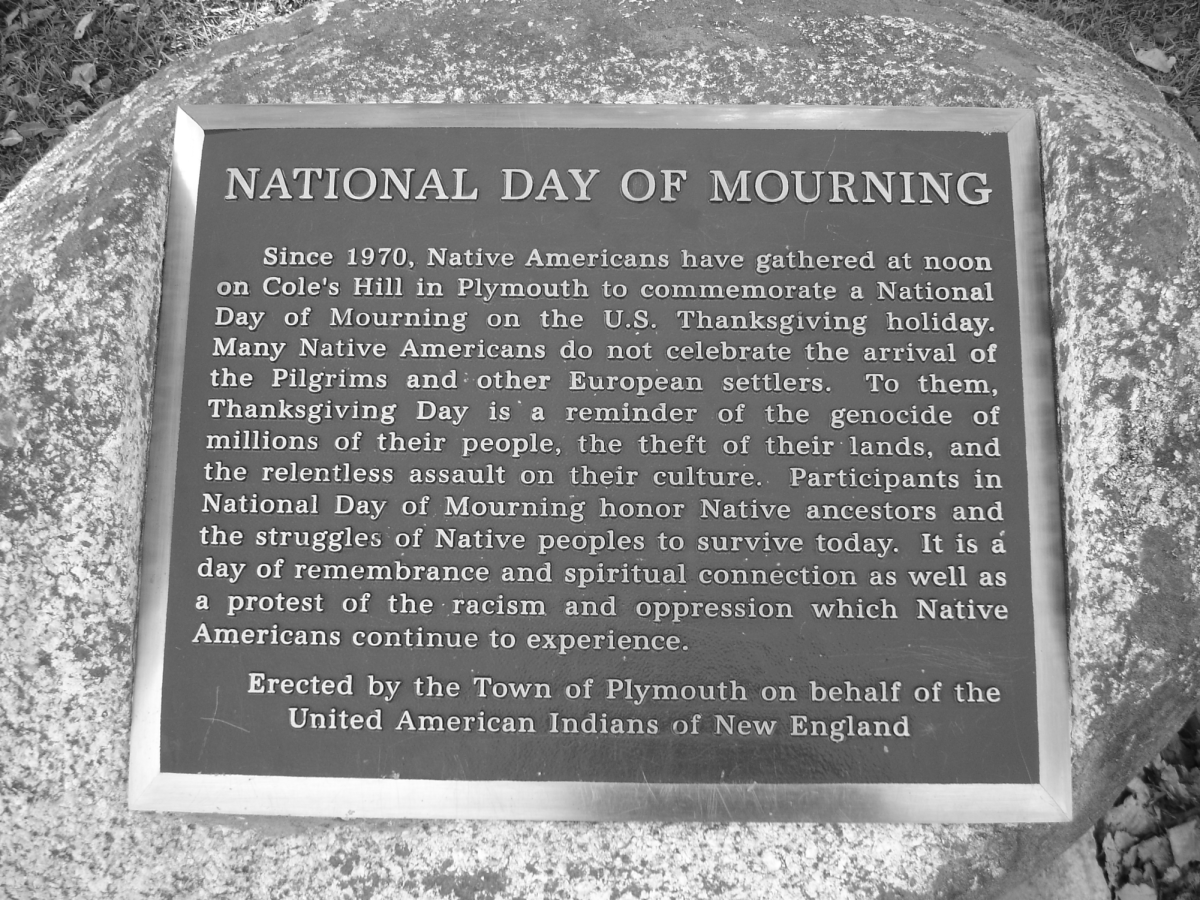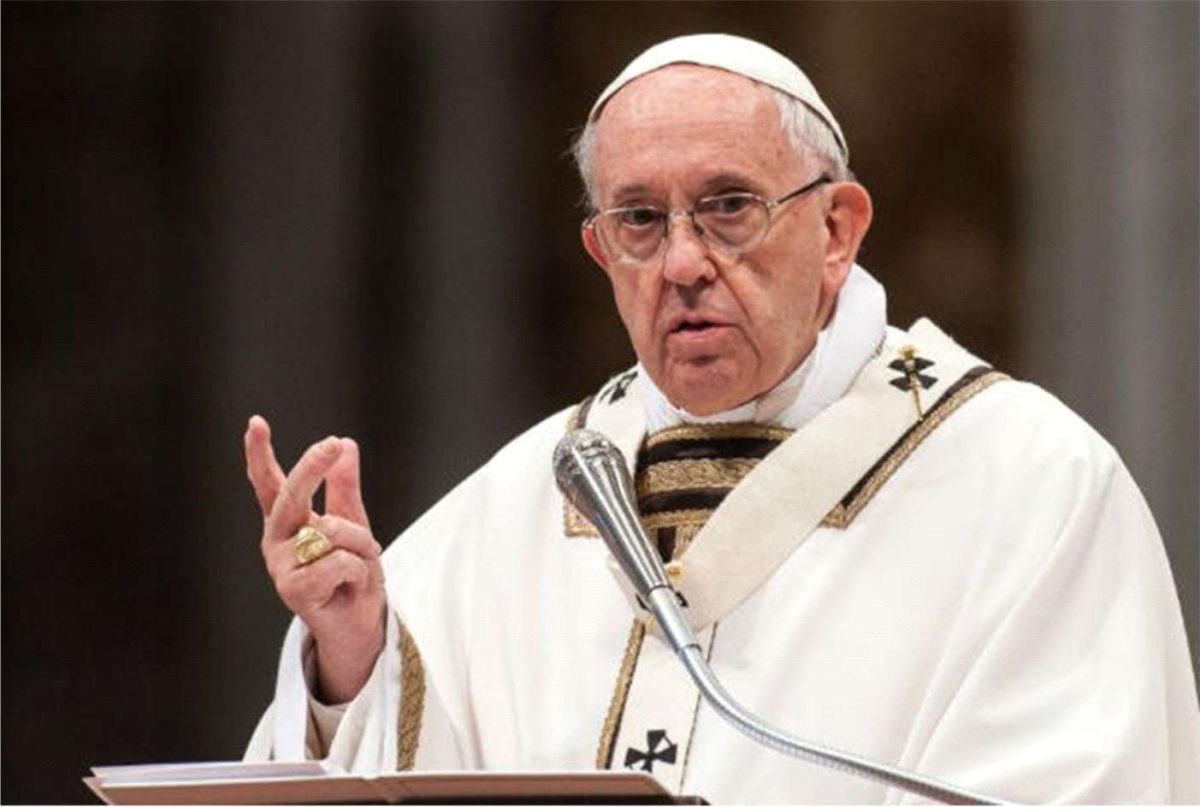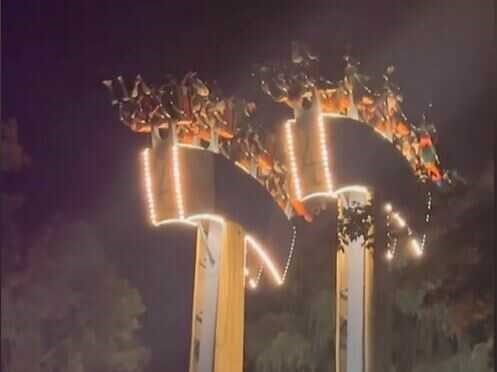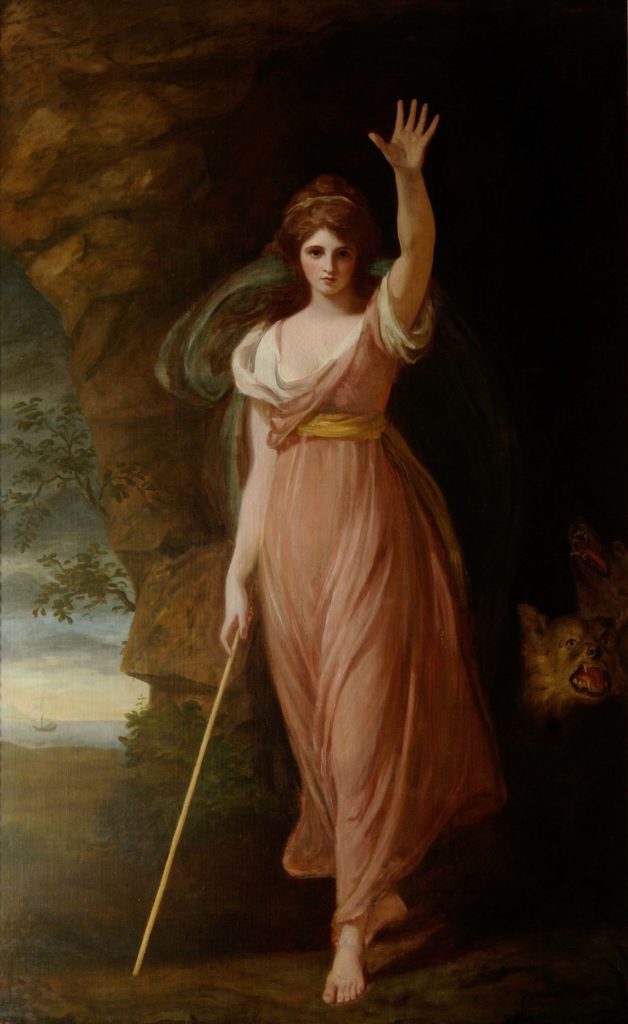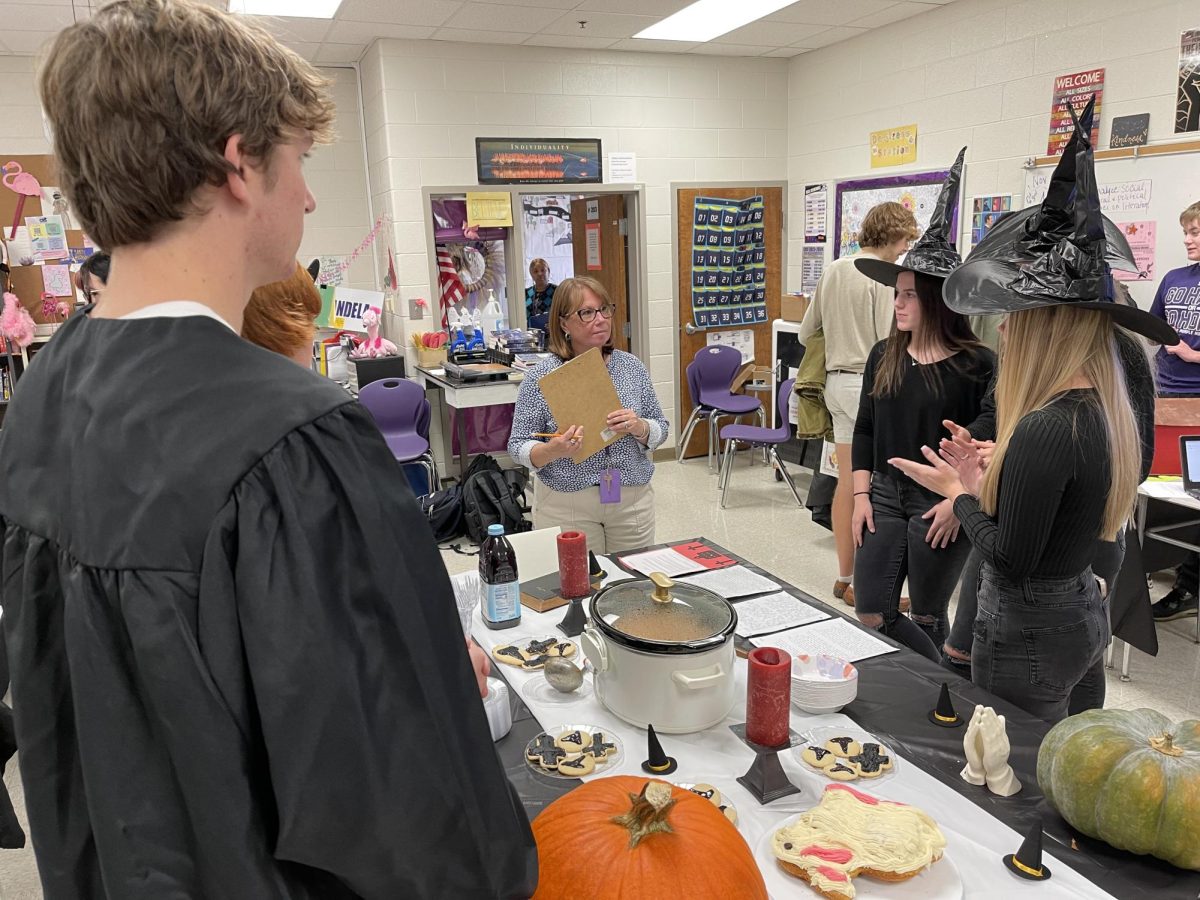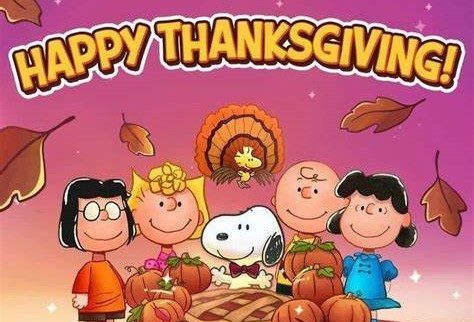The glorification and romanticization of Thanksgiving are far too prominent in our modern-day American. There’s a variety of problems encompassed in this little holiday, to the incorrect retelling of history to the constant reducing of indigenous people to “characters,” going so far as to tell white children to dress up as them in “celebration”. Generally speaking, there is nothing wrong with gathering with your loved ones to feast on Thanksgiving week, but we as a society need to acknowledge that these festivities are founded in whitewashed, glamorized versions of what was going on at the time.
There was no turkey, there was no feather headdresses. The pilgrims made no effort to invite the Wampanoag folk to join in on the feast that they had made possible. Despite the support they showed the colonizers, the Wampanoag would face violence, genocide, and the loss of their land, by the hands of the same people they welcomed.
The Wampanoag ancestry can be traced back at least 10,000 years, originating in the southeast of modern-day Massachusetts, which they called “Patuxet”. In the 1600s, they had over 60 villages and 40,000 people along the east coast. They had been interacting with European explorers for nearly a century beforehand, and their eventual decision to aid the settlers was based on political alliance and diplomacy. This peace and allyship was short lived.
And just as other Indigenous American tribes, the Wampanoag would face epidemics of European diseases that wiped out entire villages. Governments and churches attempted to convert and compress their culture. In 1614, just seven years before the original “Thanksgiving,” European explorers came and kidnapped Wampanoag men and sold them as slaves. Full tribal communities were killed in battles for land initiated by colonizers. Today, only six Wampanoag tribal communities are left.
All of this is ignored in how we teach this holiday, an attempt to erase hundreds of years of suffering, and the glorified Thanksgiving is not the only example of this. For many Native Americans, Thanksgiving is a day of national mourning. In 1970, the United American Indians of New England recognized the fourth Thursday in November (Thanksgiving) as the National Day of Mourning for Native Americans and their allies.
Again, none of this is to say you cannot share a dinner with your loved ones. Rather, this is a reminder to learn and acknowledge the real history of our nation, and to not let the legacy of those in it be erased and romanticized.



